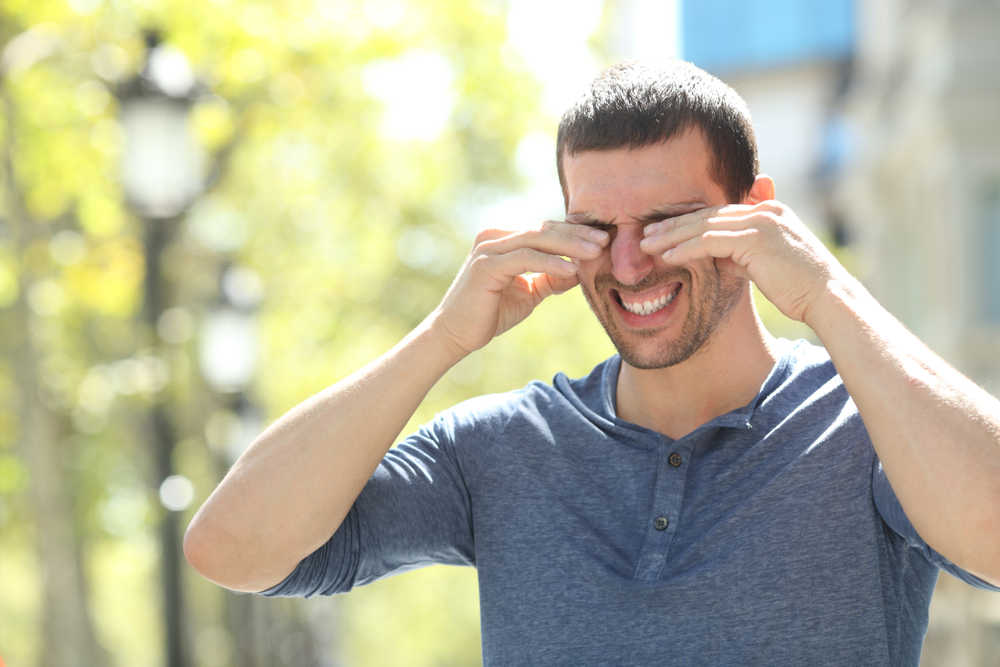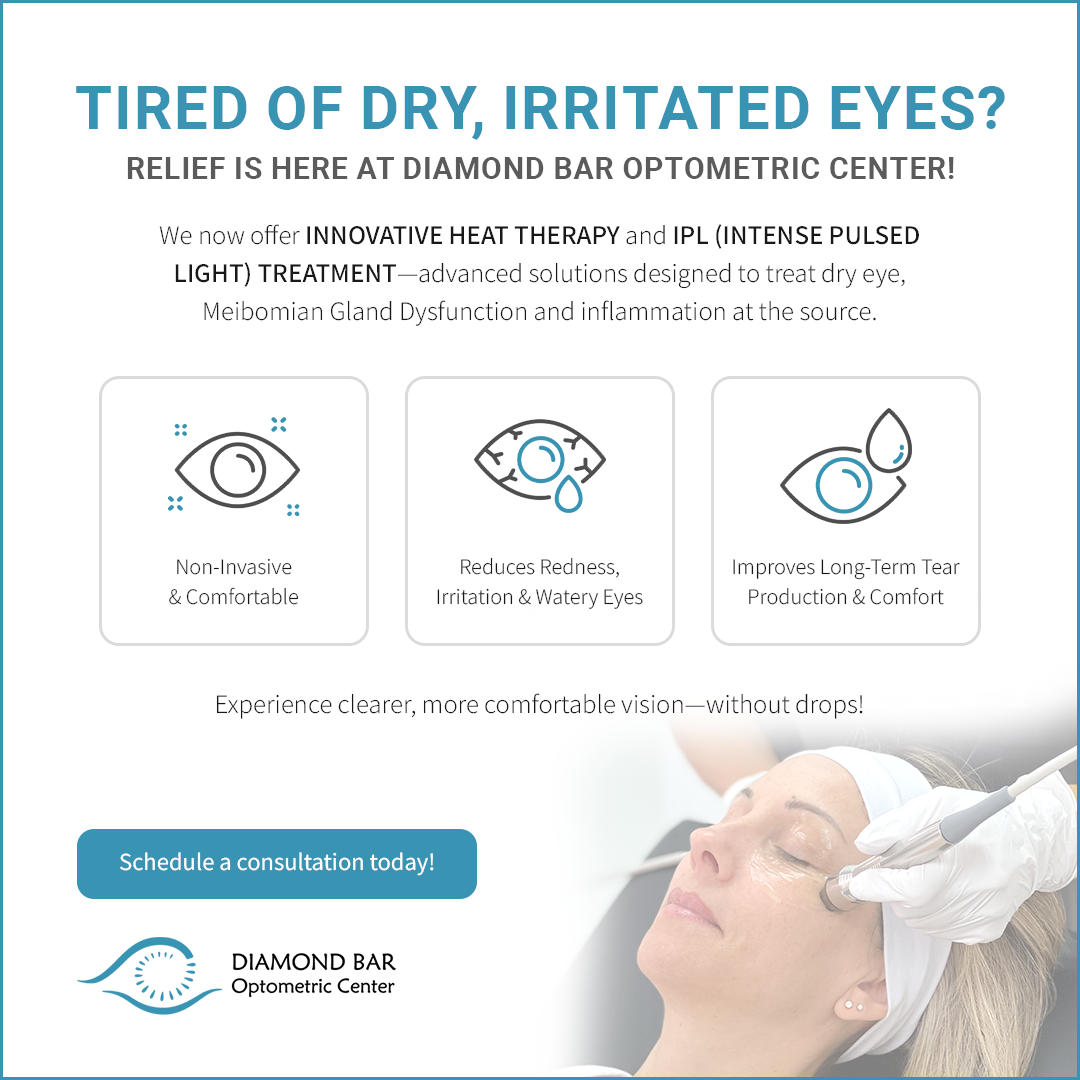
Most people experience eye discomfort at some point, but it is often temporary. If you suffer from frequent symptoms such as itchiness, it could be due to allergies or dry eye. The two conditions are different but have some similarities.
They have different underlying causes, and the symptoms may be mild or severe, depending on the patient. In some cases, allergies can cause dry eye. Proper diagnosis is essential for effective treatment.
Understanding Dry Eye Syndrome
Millions suffer from dry eye syndrome, leaving them with eyes lacking tears to stay lubricated. In some cases, the tears are of poor quality and evaporate quickly. Dry eye disease can have several underlying causes, including health conditions and certain medications. It can also be due to hormonal changes, dry air, dehydration, and smoke.
Symptoms of Dry Eye Syndrome
Tears help keep the eyes well-nourished and moisturized. With dry eye syndrome, you experience extreme dryness, a burning sensation, and a feeling of grittiness in the eyes. If untreated, the condition can cause vision problems such as blurriness and light sensitivity. Severe dry eye can cause permanent eye damage.
Understanding Eye Allergies
Eye allergies occur due to contact with allergens or substances you are allergic to. The body releases histamine to fight off the harmless substances, leading to adverse reactions. Eye allergies are often seasonal and mostly due to pollen. They can also occur all year round due to pet dander, mold, dust mites, fragrances, or smoke.
Symptoms of Eye Allergies
Also known as allergic conjunctivitis, eye allergies involve severe itching. Itchiness often leads to eye redness from frequent eye rubbing. The skin around the eyes appears puffy, and some people get dark under-eye circles. Sensitivity to light, excess tearing, and a burning sensation are common symptoms of allergies.
Dry Eye vs. Allergies - Common Symptoms
Many patients experience symptoms that could be due to allergies or dry eye. Similar symptoms include:
Itchiness
Eye redness
Light sensitivity
A gritty eye sensation
Watery eyes
An eye exam can determine if you have dry eye or allergies. Proper diagnosis will ensure you receive effective treatment for your condition.
Distinguishing Between Dry Eye and Allergies
If gently rubbing your eyes provides some relief, you likely have dry eye. Allergies are not relieved by eye rubbing. Dry eye causes blurry vision, and the eyes feel tired, distinguishing the condition from allergies.
If the skin around the eyes is red or irritated and the patient experiences nasal congestion or sneezing, it indicates allergies. People with dry eye syndrome have a high risk of developing allergies due to inadequate tears to flush allergens.
People who wear contact lenses are prone to dry eye as the lenses cause quick tear evaporation. Contact lens wear can also exacerbate allergy symptoms as the lenses trap allergens. Switching to eyeglasses during allergy season can help. The doctor may also recommend special contacts that prevent eye dryness. Regular eye exams help ensure the eyes are healthy.
For more on how to distinguish between dry eye and allergies, visit Diamond Bar Optometric at our Diamond Bar, California office. Call 909-861-4999 to schedule an appointment today.





